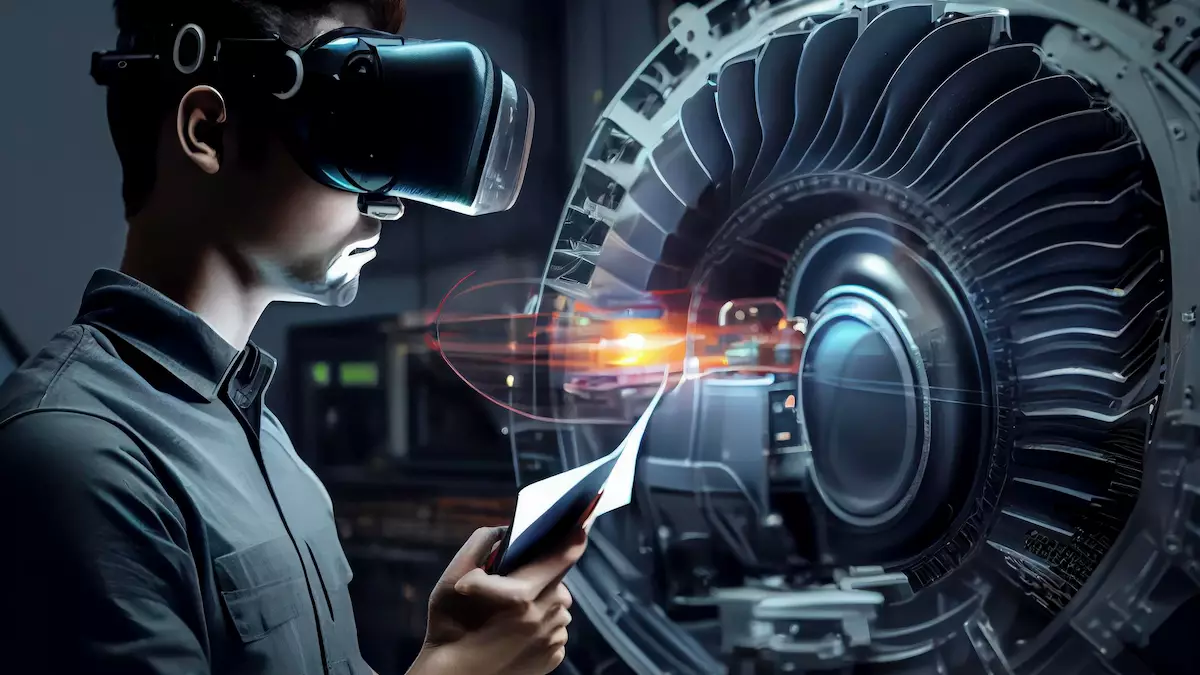The industrial metaverse is a rapidly growing industry, set to transform various sectors with its innovative technology and potential. With sales projected to reach a staggering US$ 765.8 billion by 2033, it is evident that this market is on an upward trajectory. This article explores the transformative power of the industrial metaverse, its impact on industries such as car manufacturing, and its ability to redefine the future of work.
The industrial metaverse market has experienced significant growth, with sales amounting to US$ 61.8 billion in 2022. Analysts predict a compound annual growth rate (CAGR) of 25.3% from 2023 to 2033, indicating a continuous upward trend. This growth is driven by the integration of virtual prototyping, which allows automotive manufacturers to iterate designs rapidly and accelerate product development cycles. By leveraging this technology, businesses can enhance efficiency, reduce the need for physical prototypes, and ultimately cut costs.
The rise of digital twin technology and the integration of advanced digital platforms featuring virtual reality (VR), augmented reality (AR), and mixed reality (MR) have further facilitated the adoption of the industrial metaverse. These technologies enable the transfer of traditionally physical activities into virtual environments, revolutionizing industrial processes. By utilizing VR, AR, and MR, organizations can carry out activities such as designing, simulating, and testing products in entirely virtual spaces. This shift towards virtual operations not only improves sustainability but also drives innovation and more sustainable practices.
Beyond its technological advancements, the industrial metaverse also redefines the future of work. One of its key advantages is the ability to enable collaboration between stakeholders worldwide, overcoming geographic constraints. Through real-time interaction and virtual communication, teams can efficiently create, test, and improve product designs without the need for physical meetings. This not only saves time but also allows for a more productive workflow. As businesses strive to remain competitive, the integration of the industrial metaverse into various sectors becomes crucial for adapting to the evolving work landscape.
In the automotive industry, the industrial metaverse has a profound impact on car design, testing, and manufacturing processes. By utilizing this technology, manufacturers can build and adjust virtual models of cars before production begins, expediting the design process and reducing the need for multiple physical prototypes. Furthermore, engineers can conduct simulations on various components of a car, ensuring better quality and reliability. The assembly line also benefits from the use of the industrial metaverse, as it helps fine-tune operations, making car manufacturing smoother and more efficient.
The industrial metaverse market is revolutionizing industries and redefining the future of work. With its rapid growth and transformative potential, businesses across sectors must embrace this technology to remain competitive. The integration of the industrial metaverse streamlines processes, drives innovation, and enhances efficiency. In car manufacturing specifically, this technology accelerates the design process, improves testing capabilities, and optimizes assembly line operations. As the industrial metaverse continues to reshape industries, organizations that leverage its power will be well-equipped to succeed in a changing landscape.



Leave a Reply